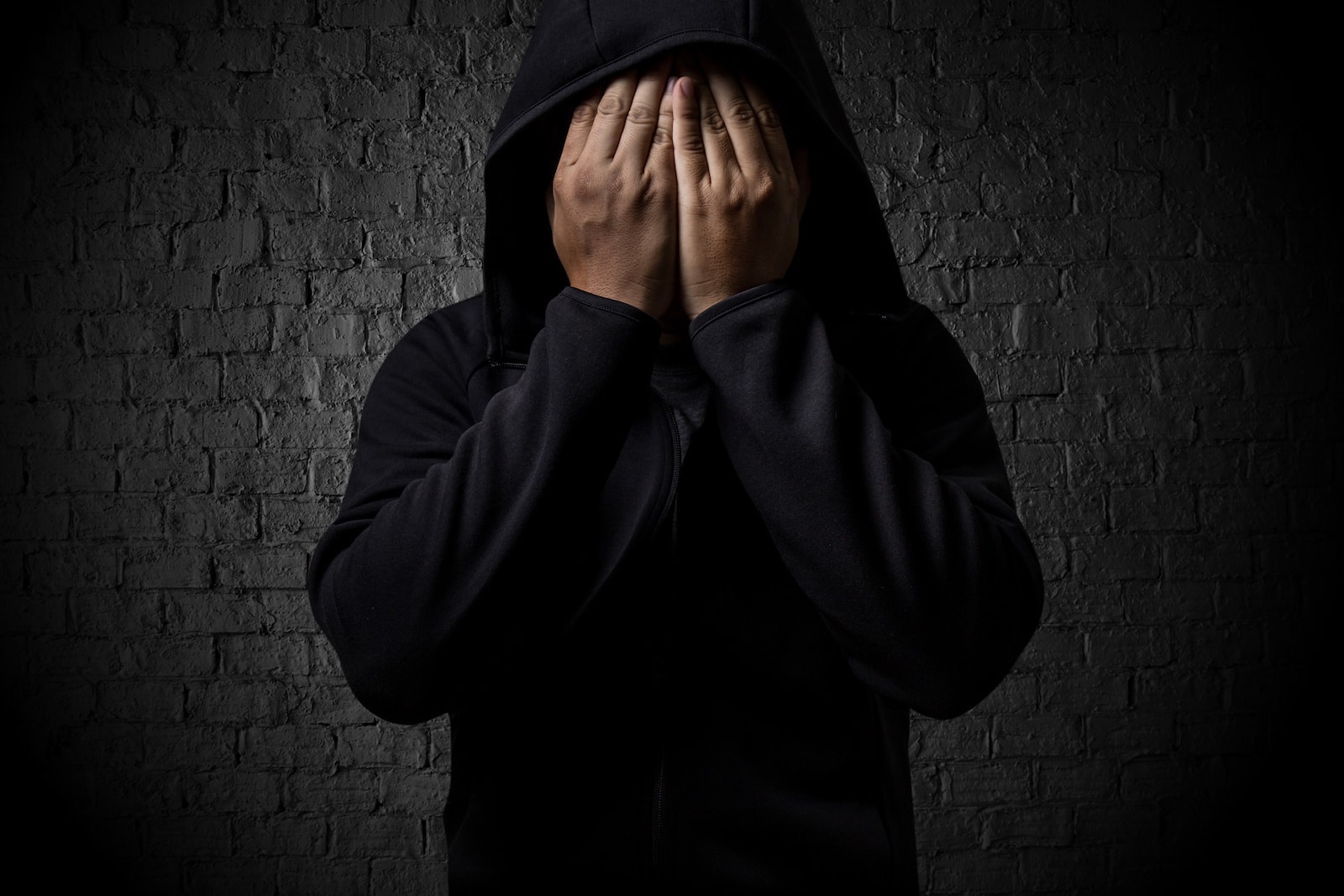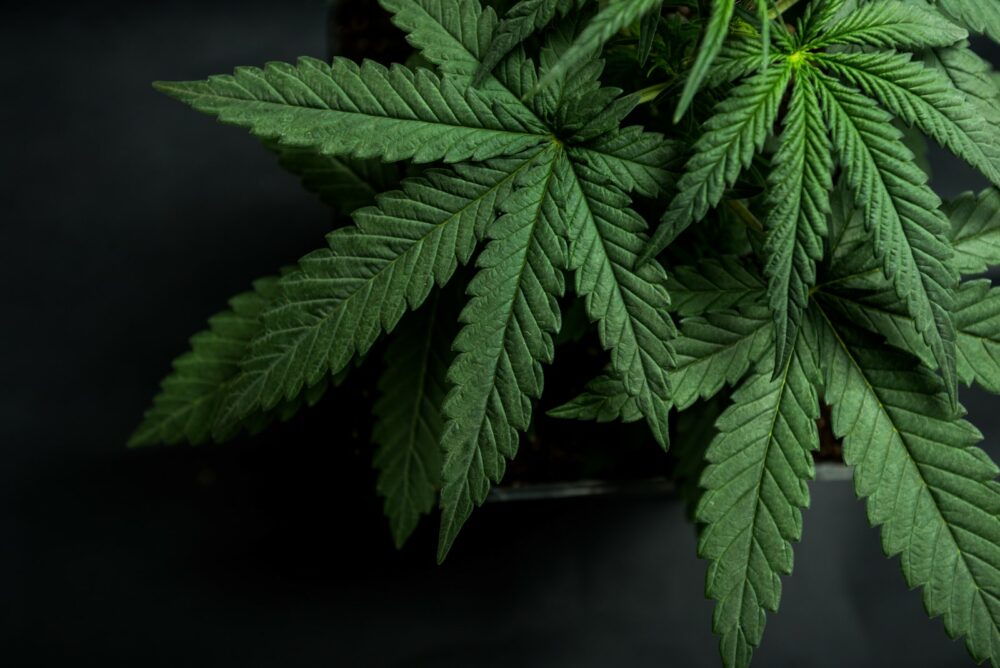Table of Contents
The rate at which hallucinogenic drugs are abused is on the rise. In 2020, about 7.1 million people in the U.S. aged 12 or older abused hallucinogenic drugs within a 12 month period. Because many young adults and teenagers are increasingly experimenting with hallucinogens to experience a mind-altering effect, there must be a greater awareness of what exactly the side effects of hallucinogens are.
For the sake of this article, we will be examining one of the most popular choices of hallucinogenic drugs, LSD, and the side effects of using LSD, along with how to get help if one is currently abusing this hallucinogenic drug.
What is LSD, and is it Addictive?
LSD, short for lysergic acid diethylamide, is an extremely potent hallucinogen. As a hallucinogenic drug, LSD alters perceptions and senses and is, in fact, one of the most powerful psychedelics and mood-altering chemicals abused in the world. LSD is taken by mouth and causes what is often referred to as a “trip,” which can be stimulating, pleasurable, and mind-altering.
However, LSD can also lead to an unpleasant, even terrifying, experience called a “bad trip.” Beyond causing a mind-altering experience, LSD is known to increase the user’s heart rate, blood pressure, and body temperature, along with causing distortions in the person’s perception of time and sensory perception (especially sight and auditory perceptions). This could even open the user to “seeing” sounds and “hearing” colors. Essentially, LSD creates a dissociation and detachment from reality, changing how the brain perceives external circumstances.
LSD is an illegal drug for which there are no legal, accepted medical uses in the United States. Because LSD is illegal and classified as a Schedule 1 drug by the Drug Enforcement Agency (DEA), LSD has an extremely high risk of abuse. As such, when a user takes LSD repeatedly, the person abusing the drug can develop a tolerance for it, requiring them to take higher doses to achieve the desired effect. Although LSD is not technically considered an addictive drug, as it is less common to create a physical dependence or cause someone to engage in compulsive, drug-seeking behavior, it does cause many long-term side effects if abused regularly.
Furthermore, taking LSD can cause a higher risk of addiction to other drugs to achieve similar euphoric experiences. As such, it could greatly benefit someone who abuses LSD regularly to seek help through a holistic, comprehensive drug rehab facility that can safely and appropriately treat the drug abuse at its core.
Side Effects of the Addictive Drug LSD
Because LSD is made in illicit laboratories, a person can never be certain what the drug may contain. As a result, while some people may experience euphoria when taking the drug, others may become extremely paranoid, have a panic attack, or have an intense fear of death when taking LSD. These types of unpleasant experiences are labeled as “bad trips.”
LSD causes changes in perception, so individuals who take LSD may be unable to make good decisions and control motor functions. They may also suffer from poor judgment and impulse control. As such, an overdose on LSD may cause psychological problems that could cause general life-threatening issues that could be a danger to themselves or others when under the influence.
Additional side effects from LSD overdose include:
- Depression
- Mood swings
- Hallucinations
- Panic
- Intense fear of losing control or death
- Despair
- Psychosis
- Feelings or thoughts of terror
Furthermore, taking LSD with other substances or alcohol can intensify side effects and increase the likelihood of an overdose. For example, if the individual is taking medication for depression that changes the serotonin levels in their body, they could be at risk of a life-threatening reaction occurring when taking LSD. This potentially fatal condition, called serotonin syndrome, happens when serotonin levels in one’s body reach toxic levels, causing high heart rate, high blood pressure, headache, fever, seizure, irregular heartbeats, and even death.
Also, LSD can cause serious long-term side effects, even if someone is micro-dosing. The individual may experience “flashbacks” for days, months, or years after their last dose of LSD. This means that the individual may re-experience the drug’s effects suddenly and without warning, even when they are not under the influence. These flashbacks can be quite negative and disruptive for the individual. Furthermore, LSD can cause hallucinogen persisting perception disorder (HPPD), which can cause disturbances to the individual’s visual perception, making it hard for them to function in everyday life.
In addition, LSD affects the serotonin levels in the brain, which may cause disruptions to how the brain functions long-term. Because serotonin is responsible for the pleasure centers in the brain, LSD may change how the brain processes rewards and how it feels pleasure—as such, withdrawing from LSD may cause depression, as serotonin levels may drop significantly after taking the drug.
How to Get Help to Break The Addictive Cycle of LSD
While it was mentioned previously that LSD is not technically addictive, it is possible to become addicted to the effects it has on one’s mind and body. Furthermore, because one can become tolerant to the effects LSD has on the body, there is a greater possibility of increasingly taking more of the drug and abusing LSD long-term to achieve the original, desired effects. Lastly, many people who abuse LSD may take more addictive drugs to satisfy their need to feel “euphoria.” This can lead to serious addiction issues for the user long term.
To mitigate the possibility of addiction from rising, it is, therefore, essential that one seek help at the first signs of drug abuse or addiction. Getting help from an all-comprehensive drug rehab facility is one of the best ways to ensure a person suffering from substance abuse lives a life of sobriety and fulfillment in the long run.
Reach out today to get the help you or a loved one needs and deserves. Your sobriety, well-being, and future self are worth the investment you make today.
Sources:
Infinite Recovery has strict sourcing guidelines and relies on peer-reviewed studies, academic research institutions, and medical associations for our references. We avoid using tertiary references as our sources. You can learn more about how we source our references by reading our editorial guidelines and medical review policy.
1. National Institute on Drug Abuse. What is the scope of hallucinogen use in the United States? National Institute on Drug Abuse. Accessed June 26, 2022. https://nida.nih.gov/publications/research-reports/hallucinogens-dissociative-drugs/how-widespread-is-hallucinogen-abuse
2. Drug Enforcement Agency. Drug Scheduling. Accessed June 26, 2022. https://www.dea.gov/drug-information/drug-scheduling
3. Bhandari S. Psychosis and Psychotic Episodes. WebMD. Published July 26, 2021. Accessed June 26, 2022. https://www.webmd.com/schizophrenia/guide/what-is-psychosis
4. Mayo Clinic. Serotonin syndrome – Symptoms and causes. Mayo Clinic. Accessed June 26, 2022. https://www.mayoclinic.org/diseases-conditions/serotonin-syndrome/symptoms-causes/syc-20354758
5. Washington. What Is Hallucinogen Persisting Perception Disorder (HPPD)? Healthline. Published September 30, 2021. Accessed June 26, 2022. https://www.healthline.com/health/hppd

















